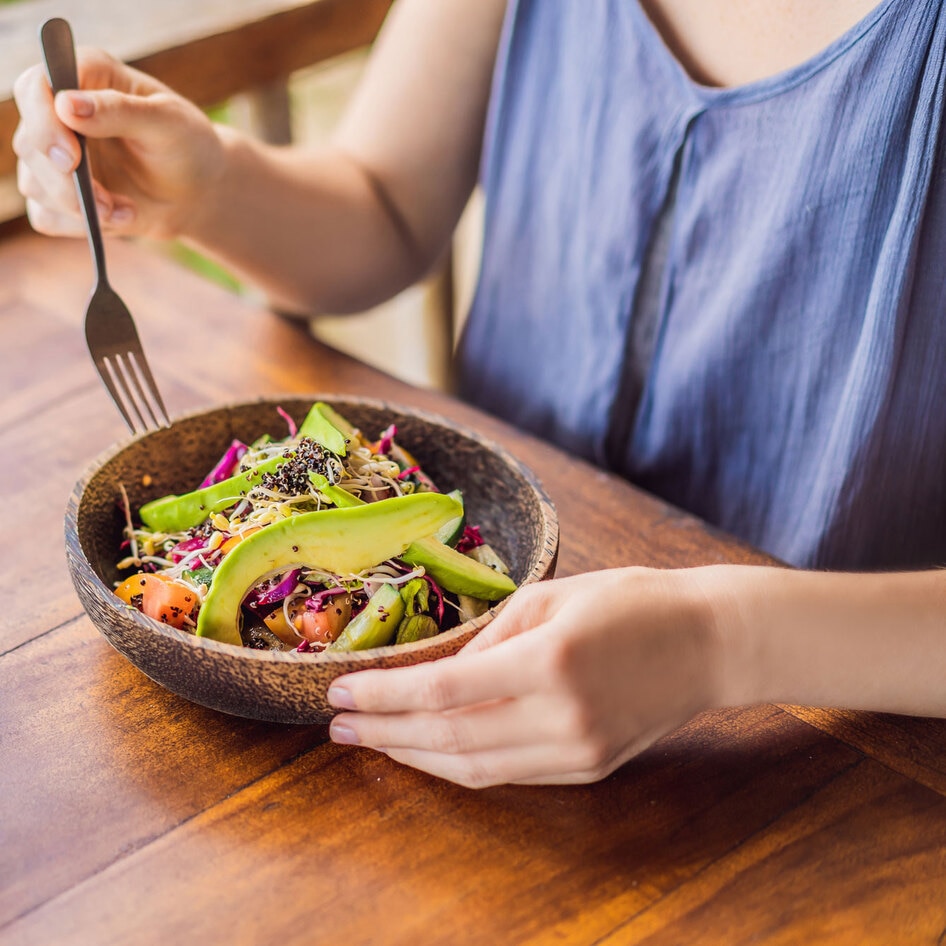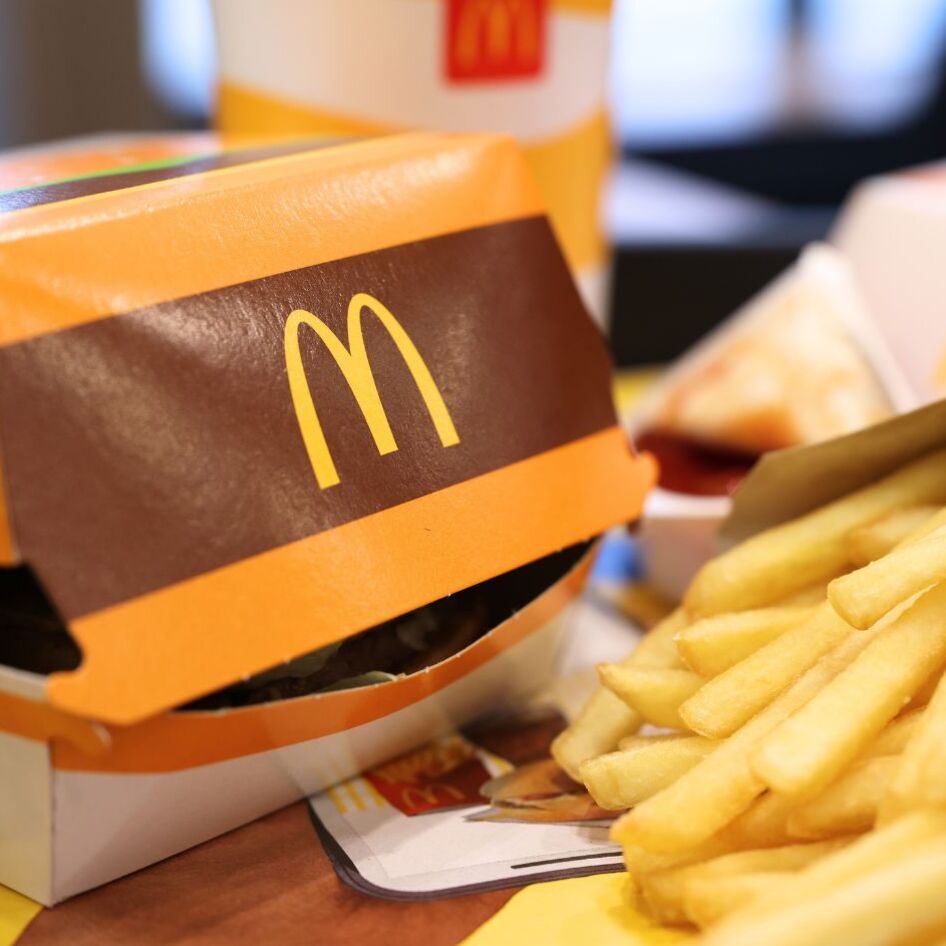High blood pressure, or hypertension, affects more than 30 percent of adults worldwide and is the leading cause of heart disease and stroke. It can also contribute to kidney disease, heart failure, arrhythmias, and even dementia. For decades, the standard advice for managing it has been to cut back on salt. But new research suggests there may be more to the story.
A study from the University of Waterloo is shaking up traditional advice by suggesting that boosting potassium intake through diet may be more effective than simply cutting back on sodium. The research, published in the American Journal of Physiology-Renal Physiology, points to the balance between potassium and sodium as a key factor in regulating blood pressure—with potassium-rich foods like bananas, broccoli, and sweet potatoes emerging as dietary heroes.
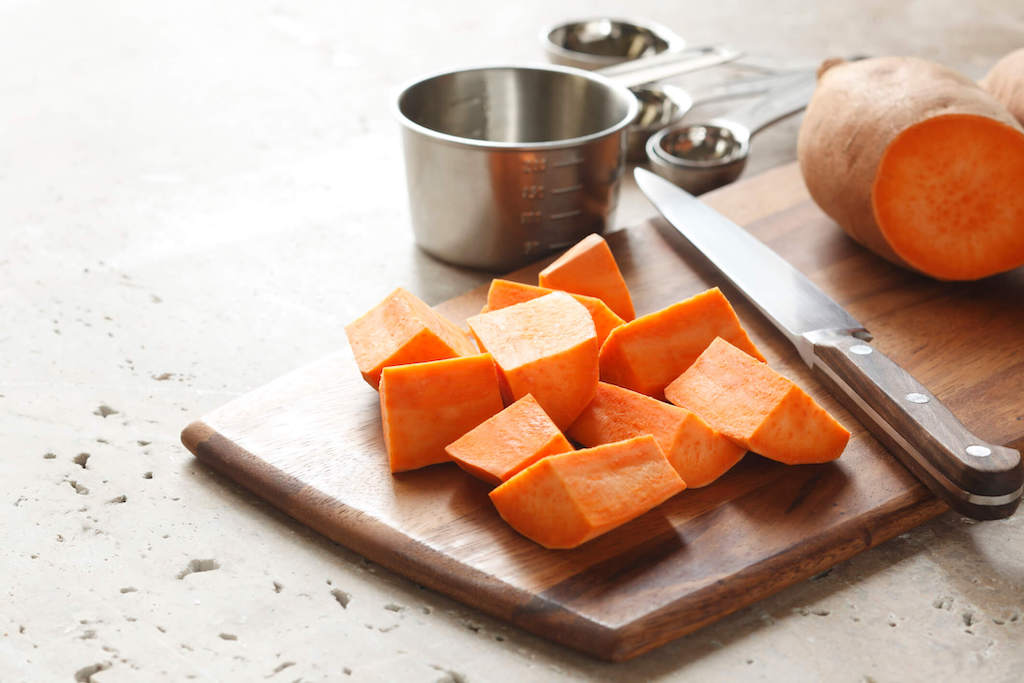 Getty
Getty
“Usually, when we have high blood pressure, we are advised to eat less salt,” said Anita Layton, PhD, a professor at the University of Waterloo and Canada 150 Research Chair in Mathematical Biology and Medicine. “Our research suggests that adding more potassium-rich foods to your diet might have a greater positive impact on your blood pressure than just cutting sodium.”
How does potassium help blood pressure?
Potassium and sodium are both electrolytes essential for bodily functions like muscle contraction and fluid balance. But the modern Western diet tends to be heavy on sodium and light on potassium—the opposite of the diet early humans followed, which consisted largely of fruits and vegetables. “Our bodies may have evolved to function best on a high-potassium, low-sodium diet,” said Melissa Stadt, the study’s lead author and a PhD candidate in Applied Mathematics at Waterloo. “That could be one reason why high blood pressure is more common in industrialized societies.”
Using a sophisticated mathematical model, the researchers explored how the potassium-to-sodium ratio affects blood pressure and found that it varies based on biological sex. Men, for instance, appear more likely to develop high blood pressure than pre-menopausal women, but they may also see greater benefits from increasing potassium relative to sodium in their diet.
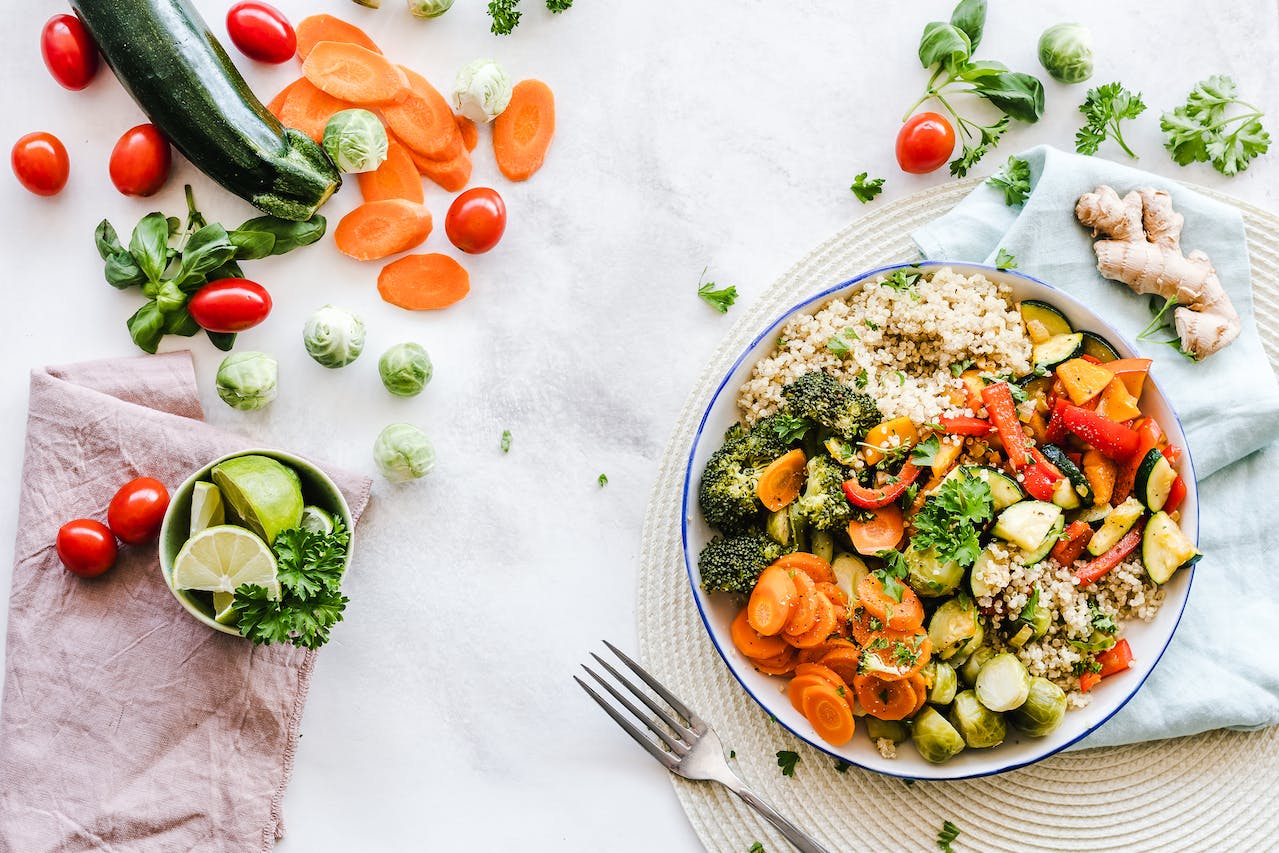 Pexels
Pexels
Previous research has also discovered how potassium helps balance out the negative effects of sodium in the body and eases tension in blood vessel walls, which can help reduce blood pressure. A 2020 study published in the Journal of the American Heart Association found that maintaining adequate potassium intake can help lower blood pressure, but the researchers caution against excessive potassium supplementation, especially for certain groups who may be more vulnerable to its effects.
What foods lower blood pressure?
What’s the takeaway for your next grocery run? Load up on potassium-rich plants. Some of the best dietary sources of potassium include fruits like bananas, oranges, cantaloupe, and apricots, as well as vegetables such as spinach, sweet potatoes, broccoli, and avocados.
The recommended daily potassium varies by gender, with adult men advised to get 3,400 milligrams and women 2,600 milligrams per day. These numbers can shift during pregnancy and breastfeeding. However, if you’re aiming to prevent or manage high blood pressure, the American Heart Association suggests increasing potassium intake to anywhere between 3,500 and 5,000 milligrams daily.
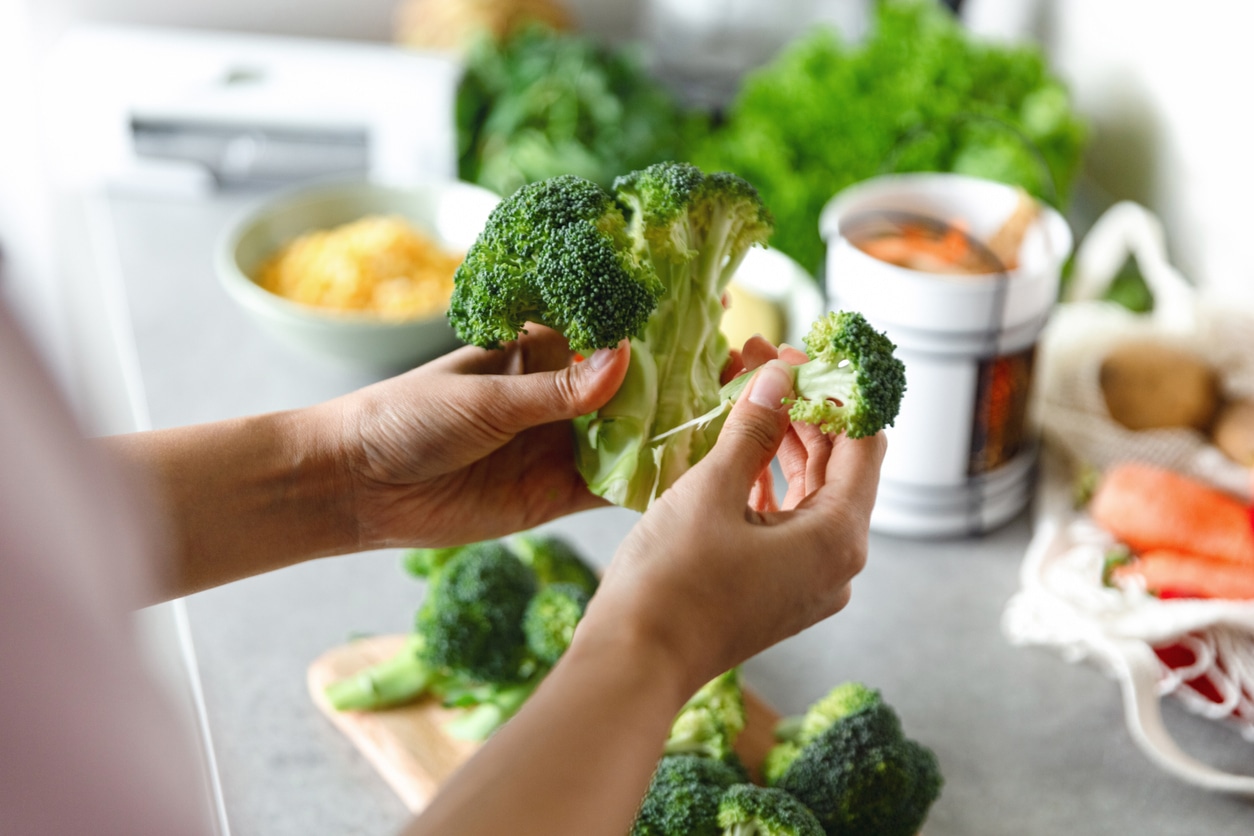 Getty
Getty
One effective way to reach these levels is by following the DASH diet—short for Dietary Approaches to Stop Hypertension—which emphasizes potassium-rich foods like fruits, vegetables, whole grains, and low-fat dairy. For example, a medium banana contains about 451 milligrams of potassium, while half a cup of cooked sweet potatoes offers 286 milligrams. Other potassium-packed options include apricots, cantaloupe, kiwifruit, guava, orange juice, Swiss chard, lima beans, and yams.
Legumes such as lentils and kidney beans are also excellent sources of potassium. Including a variety of these foods in your meals can help you meet the recommended daily potassium intake while providing additional health benefits such as fiber, vitamins, and heart-healthy nutrients.
Benefits of a plant-based diet
Studies have shown that plant-forward diets such as the DASH diet have benefits beyond just lowering blood pressure. A recent 30-year study led by researchers from the Harvard T.H. Chan School of Public Health, the University of Copenhagen, and the University of Montreal reinforces a long-held belief: your diet today plays a crucial role in healthy aging. By analyzing the eating habits of over 105,000 adults, the study found that those who focused on plant-based foods, included moderate amounts of healthy animal-based options, and limited ultra-processed foods were significantly more likely to reach age 70 without major chronic illnesses—and with their cognitive, physical, and mental health intact.
 Getty
Getty
BECOME A VEGNEWS VIP: Get exclusive product deals, freebies, and perks galore!
Each of the eight well-established dietary patterns that were studied prioritized plant-based whole foods but with different emphases; some allowed for moderate amounts of animal-based foods, while others, like the Planetary Health Diet Index (focusing on plant-based foods while minimizing animal products) and the Healthful Plant-Based Diet Index (emphasizing whole plant foods while avoiding processed plant-based junk foods) leaned almost entirely plant-based. Across the board, higher adherence to any of these diets correlated with better health outcomes.
This study suggests that if you’re looking to boost your chances of aging healthfully, a great first step is adding more plant-based foods to your diet. This might involve trading processed snacks for whole foods, incorporating more fiber-rich grains into your meals, or shifting toward a Mediterranean-style eating pattern that emphasizes fruits, vegetables, legumes, and healthy fats.
For more plant-based stories like this, read:
JUMP TO ... Latest News | Recipes | Guides | Health | Subscribe



